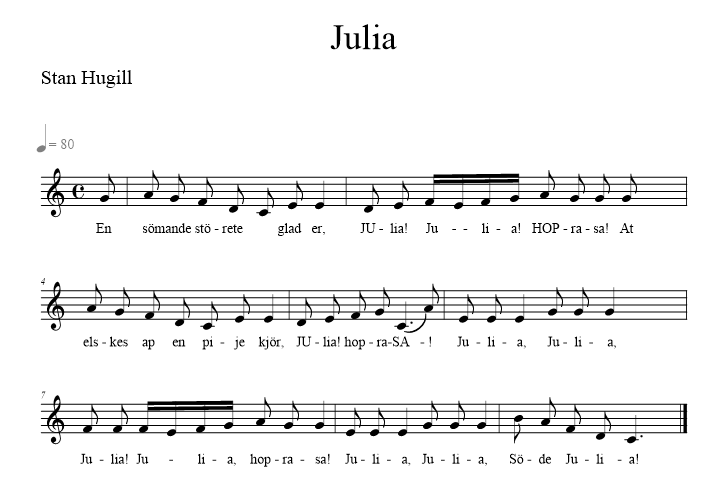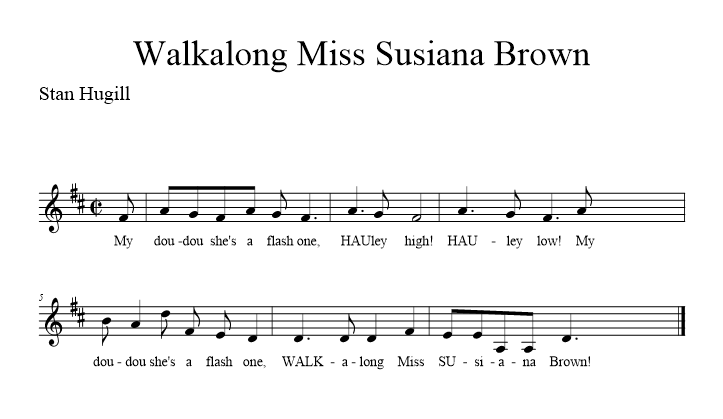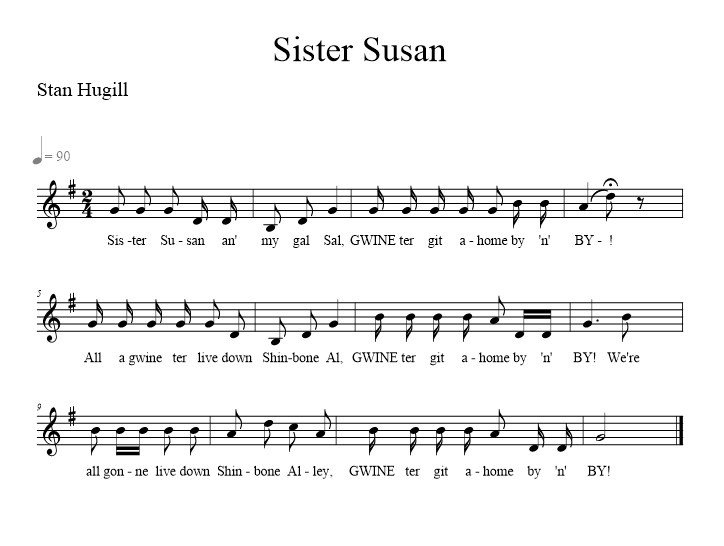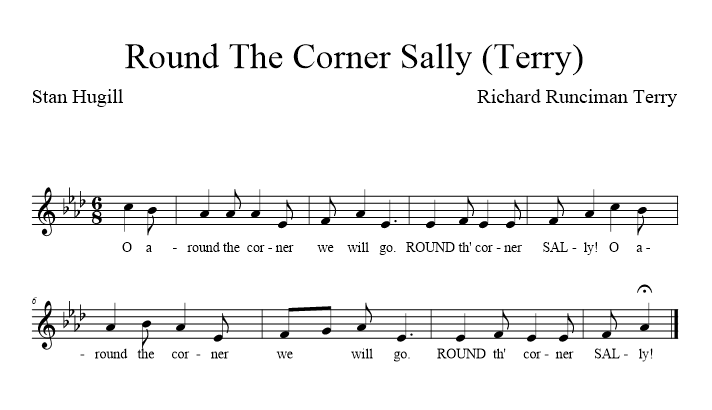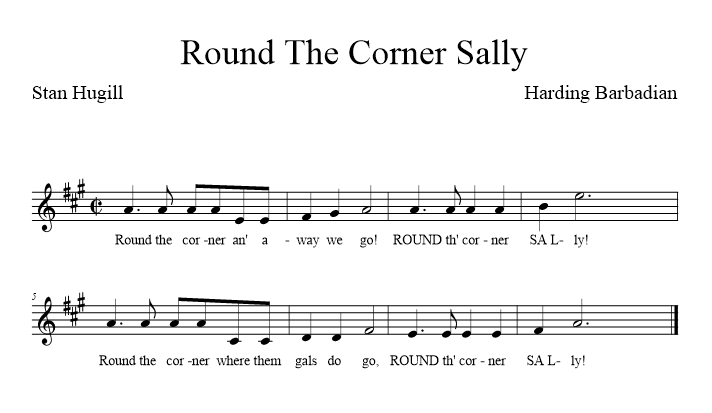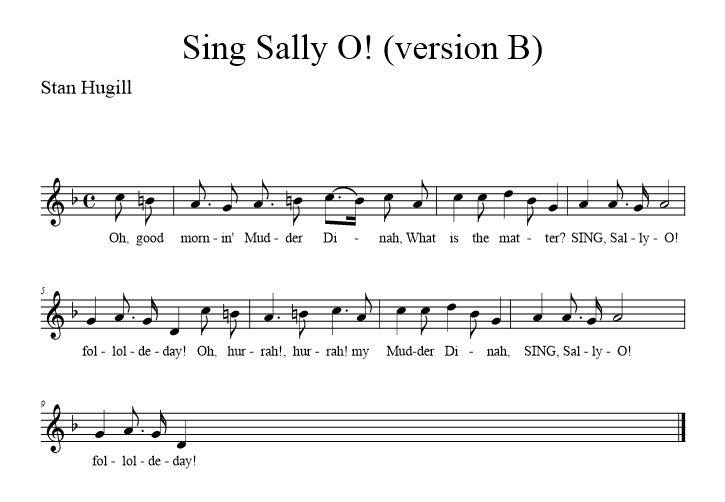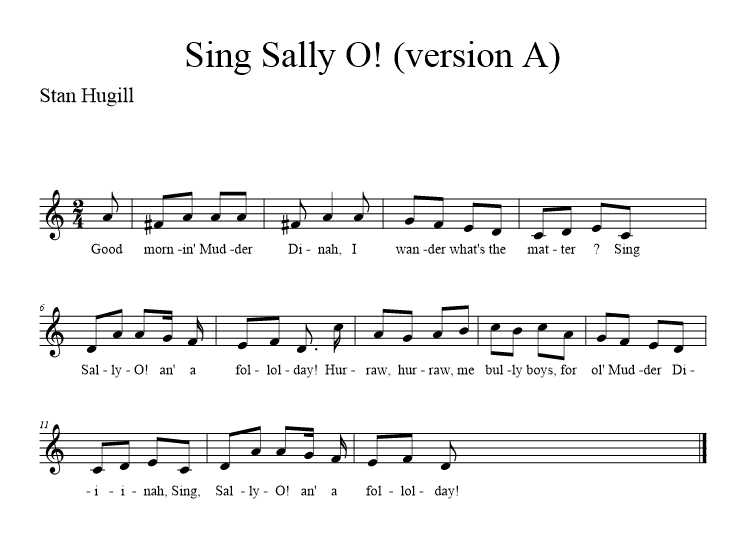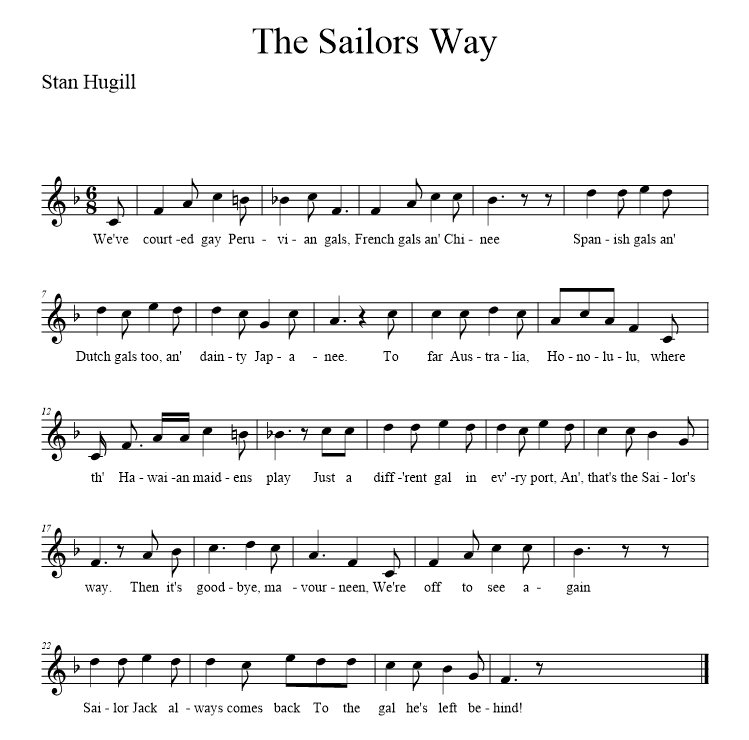Interesting Facts about the Dar Gingo Tre Flickor
“Dar Gingo Tre Flickor” Swedish capstan shanty, also used at pumps. This version according to Stan Hugill comes from: “Sang Under Segel” by Sigurd Sternvall (1935), where is stated that it was a “halar-, pump-, och brattspelvisa”, i.e. hauling, pump, and capstan shanty, but Stan Hugill doesn’t think this song can be hauling shanty.
The song will be reconstructed by myself as the pump shanty.
The source of the Dar Gingo Tre Flickor
The music: “Shanties from the Seven Seas” by Stan Hugill (1st ed: p 393).
The lyrics: “Shanties from the Seven Seas” by Stan Hugill (1st ed: p 393,394).
The Record of this sea shanty
You also can find this record on my YouTube channel here or directly listen below. Additionally, if you want to share your opinion about the record or share your opinion you can do it in my Facebook forum here, or leave a comment at the bottom of this blog article.
The musical notation
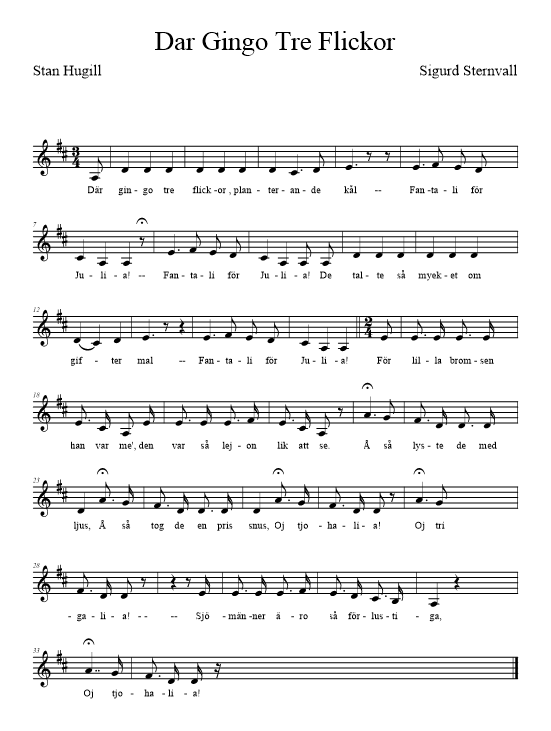
The full lyrics
Dar Gingo Tre Flickor
Där gingo tre flickor , planterande kål
– Fantali för Julia! Fantali för Julia!
De talte så myeket om gifter mal
– Fantali för Julia!
För lilla bromsen han var me’,
den var så lejon lik att se.
– Å så lyste de med ljus,
– Å så tog de en pris snus,
– Oj tjohalia! Oj trigalia!
– Sjömänner äro så förlustiga,
– Oj tjohalia!
* 2 *
Där gingo tre sjömän och hörde därpå,
‘I afton vi skola till de flickorna gå.’
* 3 *
Flickorna stängde dörren med stickor och strå,
For att sjömännerna till dem ej skulle gå.
* 4 *
Men så blåste där upp en nordvästerlig vind,
Dörren flög upp och sjömännen steg in.
* 5 *
Då bäddas det upp en förgyllande säng,
Behagar det gossarna att sova i den?
* 6 *
När som det vart dager och dager vart ljus,
Då fanns det ej strå uppå flickornas hus.
* 7 *
De sjömän de ställde sig alla i ring,
Karbasen den valsar laget omkring.
* 8 *
Ja, säkert få vi våra skinn igen,
Men aldrig få de flickorna sin fägring igen.

